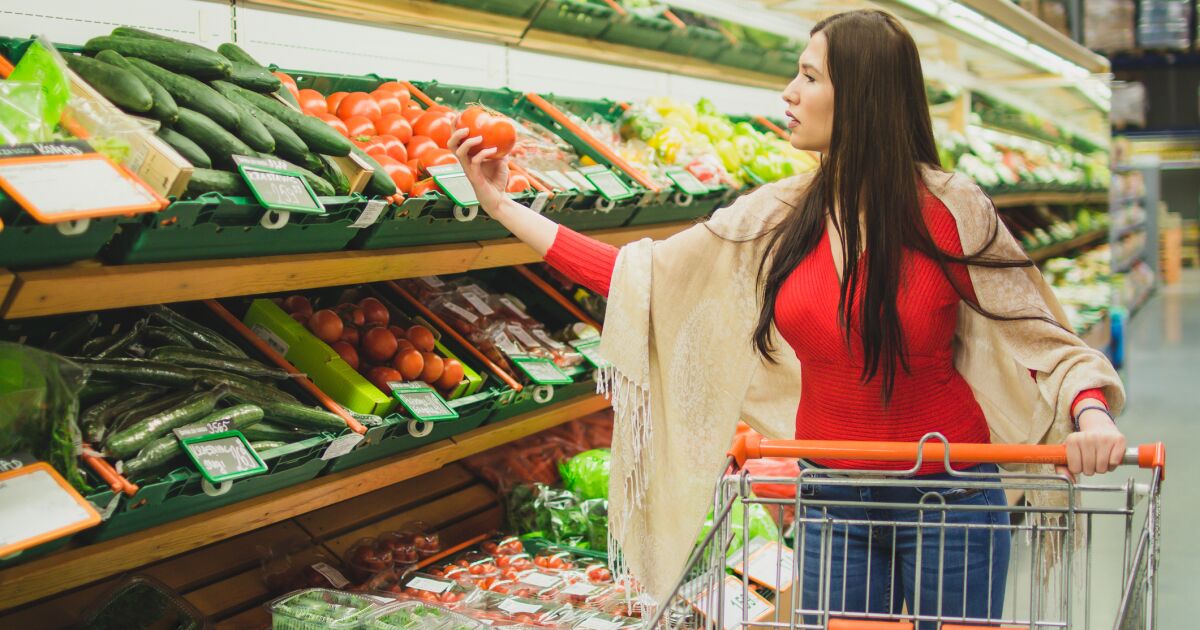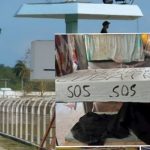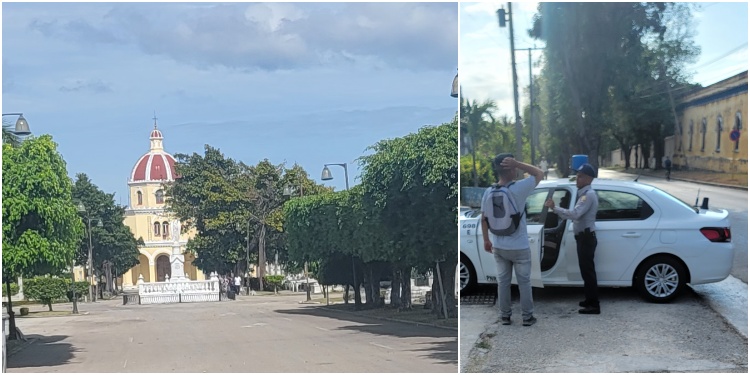“VAT collection waivers show a slight decrease compared to what was estimated in 2022, mainly due to a change in household consumption patterns after the Covid-19 pandemic, which is reflected in the statistics of the National Household Income and Expenditure Survey (ENIGH 2022),” says the Treasury.
What are tax waivers?
Tax waivers are estimates by the Treasury regarding what it fails to collect by not collecting taxes on certain products or services, as a contribution to citizens, or in compensation to taxpayers who pay for private health or education services in search of better services than public ones.
These estimates are derived from the various tax laws that apply at the federal level, as well as those originating from Presidential Decrees.
In terms of VAT, there are two types of treatment: the exemption regime, which is when this tax is not applicable, and the reduced rate regime, which in the case of Mexico is the zero rate for goods and services other than exports.
What products and services do not pay VAT?
The zero rate on food represents the highest cost to the public treasury, at 532,699 million pesos for 2024 and 657,314 million for the following year. This is followed by payments for medicines, service or supply of drinking water for domestic use; books, newspapers and magazines, as well as sanitary pads, tampons and menstrual cups.
And from the group of exemptions, exempt from VAT, the provision of teaching services and the sale of housing (including rent and payment of interest on mortgage loans) stand out. On its own, the first category accounts for 56.4% of the total tax waivers due to VAT exemptions, while the second accounts for 29.1%.
















